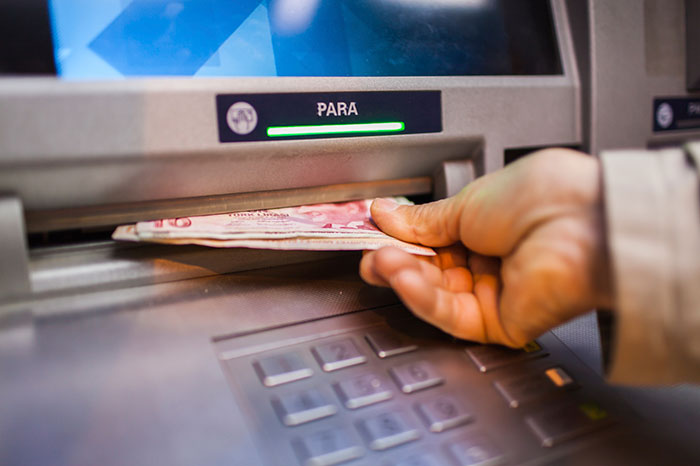The IRC’s findings follow a commitment by world leaders and aid organisations to expand the use of cash payments in humanitarian aid, instead of food parcels or other aid packages, at the first ever World Humanitarian Summit earlier this week.
The committee highlighted that in crisis situations, delivering cash aid electronically is much more secure, faster, cost-effective and possible on larger scale. It can also prevent loss or theft and can spur local economic growth after the initial crisis has subsided.
However, the framework to deliver this has to be in place before a crisis occurs. The group highlighted that countries in which natural disasters, epidemics and conflicts are most likely to occur are the least able to support electronic cash transfers, due to weak infrastructure, regulatory frameworks or a lack of much-needed upfront investment.
Jodi Nelson, IRC senior vice president of policy and practice, said the research provides insights into the reasons why one of the most effective forms of humanitarian aid remains inaccessible to people in the world’s toughest places.
It has also identified the potential for the humanitarian and private sectors to work together to develop the infrastructure and partnerships to overcome some of these obstacles, she added.
However the involvement of governments, both national and international, will be critical to forming an environment that can support this.
Donor governments from around the world already invest in projects to increase financial inclusion, including digitalisation of financial systems, spending $31bn on this in 2014.
However, this was often concentrated in countries at low risk of humanitarian crises, the IRC stated and it urged donor governments to direct investments towards fragile, at-risk nations.
One IRC report outlined a business case for the private sector’s involvement. It would build and maintain the necessary infrastructure and, the IRC found, receive a return of $1.14 for every dollar spent.
The support of national governments would also be critical. They have sole responsibility for establishing appropriate regulatory frameworks, and can promote private sector investments, facilitate partnerships and develop emergency response plans making use of the ability to transfer cash electronically.
The IRC said if the number of investments and initiatives working to support e-payment, from governments, the private sector and aid and development organisations, could unify and coordinate their efforts to this aim, it could revolutionise aid for the world’s most vulnerable living in some of the hardest to reach places.














